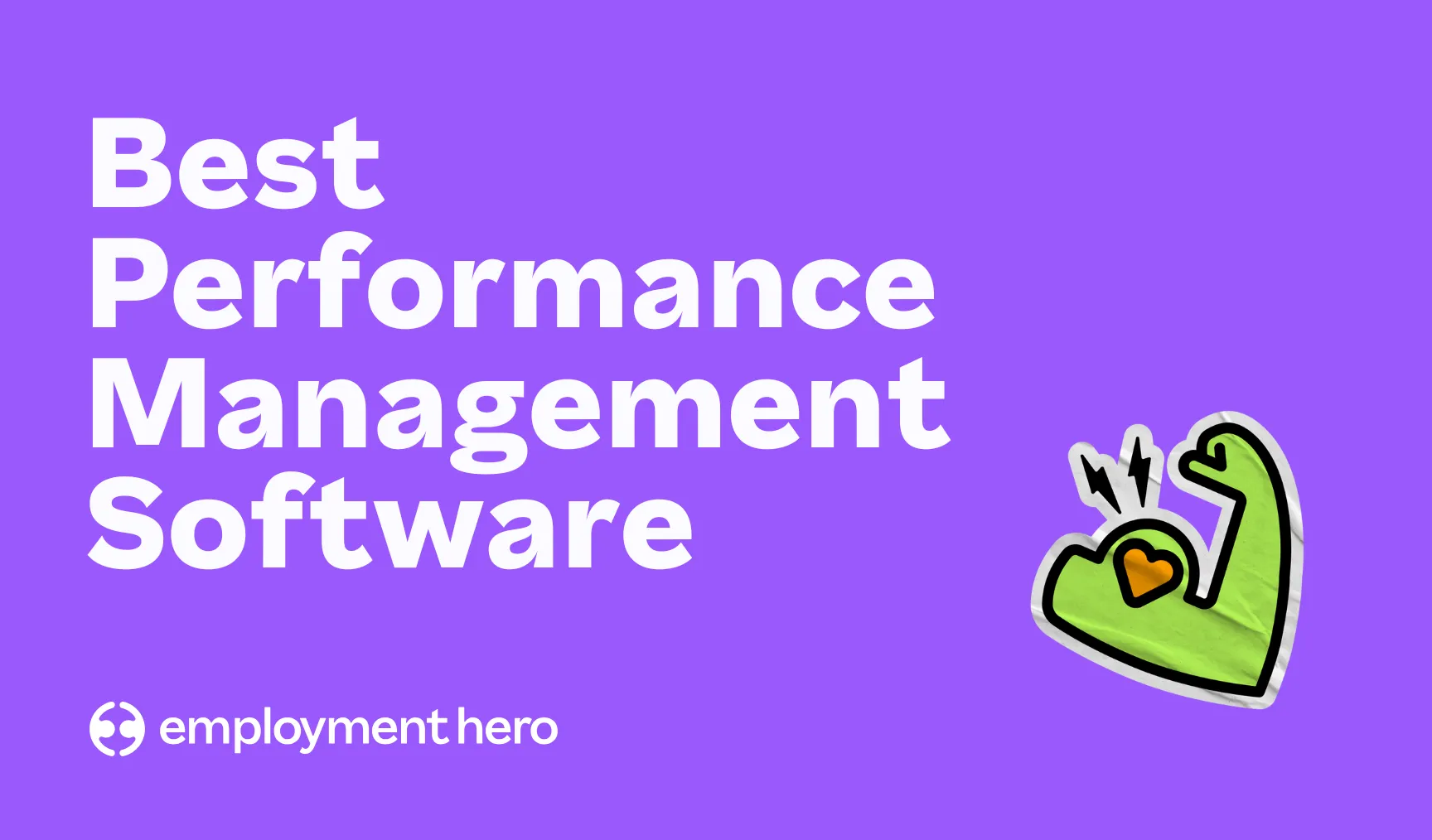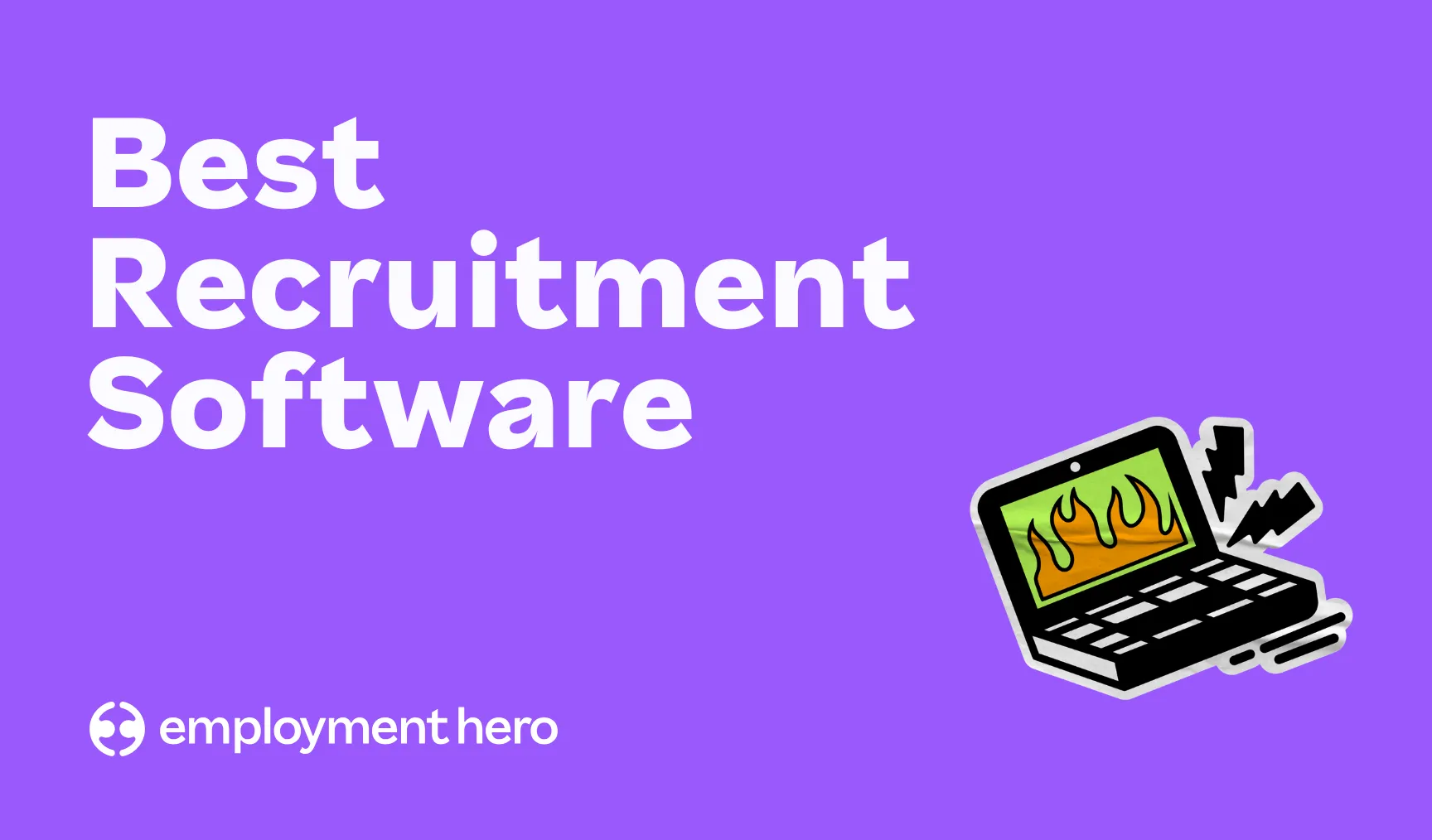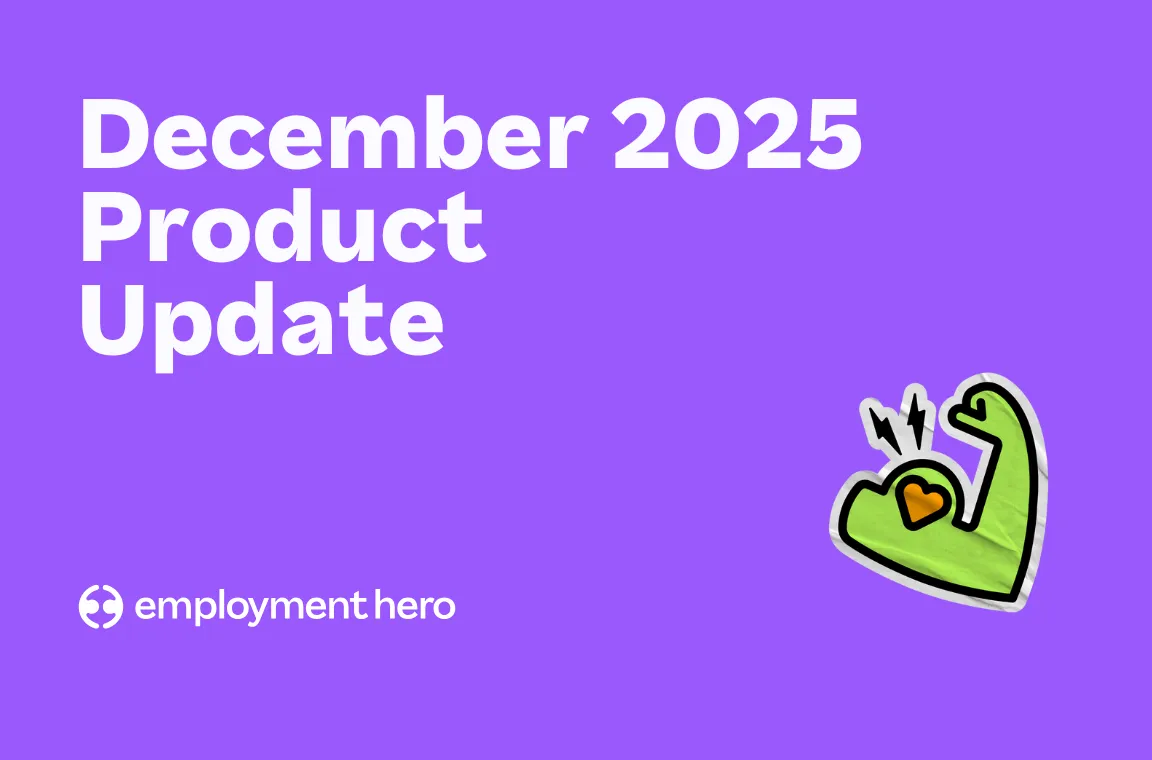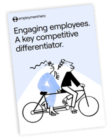Future-Proof Your Accounting Practice: Strategies For Success
We’ve rounded up our top strategies for success so you can future proof your business now, and well into the future.

It’s no secret that the the accounting industry is changing quickly; new technology, increased client expectations and the expansion of services are dominating conversations about the future of the sector.
Staying ahead of the curve is on every accounting practice owner’s mind right now. Whether it’s improving ways of working, getting up to date with AI or staying across updates to legislation, there’s a lot to be on top of. To keep up, accounting firms must become agile and adapt to expectations, all while embracing changing technology to streamline processes.
So how can you operate your accounting practice with the future in mind? We’ve rounded up our top strategies for success so you can future proof your business now, and well into the future.
Lean into the power of technology and AI
When did you last review your technology stack? If it’s been years, it’s time to add this task to your to-do list.
We all know that introducing new technology both internally and to clients is no easy feat. It takes research, time, and a well-thought-out implementation plan, but it’s almost guaranteed to future-proof your business.
The past year has seen a huge shift in the transformation of how businesses operate. The rise of AI, machine learning and tools like ChatGPT have dramatically changed efficiency and productivity – and it’s something all accounting practices need to get on board with. For more insights on how to stay ahead in the payroll services market, check out these key strategies and actionable tips here.
AI advancements and technology are getting smarter by the day and in turn, helping accountants streamline many of the manual tasks that take up valuable time. Tools like Employment Hero are able to automate time-consuming HR and payroll tasks, giving you time back in your day to focus on your clients.
This might look like moving away from traditional desktop software and moving to cloud-based processes, or automating manual payruns with powerful payroll software. Uncover the benefits of cloud payroll and learn how you can support your clients in streamlining their payroll processes here.
Although it might seem overwhelming, by prioritising implementing and embracing technology in your accounting practice, you’re staying one step ahead of those who don’t.
Forecast to future-proof
Forecasting and future-proofing are critical practices that help businesses anticipate and adapt to change. These strategies enable informed decision-making, efficient resource allocation, and proactive responses to challenges and opportunities.
What is forecasting?
Forecasting involves using historical data, trends, and relevant factors to estimate future outcomes. It helps reduce uncertainty and supports proactive planning by identifying patterns and projecting scenarios to guide decisions.
What is future-proofing?
Future-proofing uses forecasting insights to prepare for anticipated changes. This includes identifying potential disruptions, assessing impacts, and implementing measures to mitigate risks and seize opportunities, ensuring long-term business resilience.
Benefits of forecasting and future-proofing
- Anticipate Change – Forecasting provides educated estimates of future scenarios, helping businesses prepare for market trends, consumer behavior shifts, and technological advancements.
- Adapt Proactively – By planning ahead, businesses can stay agile during economic uncertainty, anticipate recession impacts, and adjust products, services, and operations effectively.
- Build Trust and Reliability – Demonstrating stability and resilience attracts clients, instills confidence, and positions businesses as dependable partners during challenges.
- Enhance Advisory Services – Accurate financial projections strengthen advisory offerings, helping clients manage risks, reduce costs, and achieve goals while reinforcing trust in your expertise.
Forecasting and Future-Proofing for Accountants, Bookkeepers, and Payroll Providers
Forecasting and future-proofing are critical for staying competitive and delivering exceptional client service. Forecasting anticipates financial trends, projects outcomes, and informs proactive strategies. Future-proofing uses these insights to address industry changes and technological advancements, ensuring long-term relevance and client trust.
Key Benefits
- Forecasting: Helps anticipate trends, market shifts, and regulatory changes, enabling tailored strategies for clients.
- Future-Proofing: Incorporates insights into adopting new technologies like automation and AI, improving accuracy, efficiency, and client relationships.
Advisory Services
Leverage forecasting to deliver value-added services like financial planning, tax optimisation, cash flow management, and risk analysis. Tools like scenario modelling help simulate outcomes and refine strategies for growth and resilience.
Tools and Technologies
There are many tools and technologies that can help you forecast and future-proof. Here’s how to choose the right tools for your organisation:
- Assess Needs: Define objectives and avoid unnecessary features.
- Ease of Use: Opt for user-friendly tools with training and support.
- Key Features: Prioritise data integration, scenario modelling, collaboration, automation, and security.
Recommended Tools
- Data Analytics and BI: Microsoft Power BI, Qlik, Zoho Analytics.
- FP&A and Scenario Planning: Planful, Prophix, Anaplan.
- Predictive Analytics: IBM Watson Analytics, Oracle Analytics Cloud.
- AI and Machine Learning: IBM Watson, Microsoft Azure, Google Cloud Platform.
Adapt to changing client needs
Listening to what your clients need is one of the most important factors when it comes to operating your business with the future in mind.
In our recent State of Accounting Report, we found that 82% of accounting firms in Australia and New Zealand stated that client expectations had increased in the past two years, with clients now expecting increased advisory expertise (61%), faster response times (60%), and increased business advisory support to future-proof their business (57%).
In our recent State of Outsourced Payroll in the UK Report, we found that 81% of accountants, bookkeepers, business leaders and payroll specialists in the United Kingdom agreed that clients’ expectations have changed in different ways over the past year, with clients now expecting increased advisory expertise around economic hardship (28%) and faster response times (26%).
So how can you find out what your clients want? Here’s our tips for understanding what your clients need and want:
- Send out a quarterly survey asking your clients for feedback
- Encourage your team to ask your clients questions and collate the feedback
- Create a monthly newsletter to send out to your clients with upcoming changes and events – be sure to include a section for feedback!
Prioritise staying across regulatory and compliance changes
Staying up to date with compliance and regulatory changes in the accounting industry is one of the biggest challenges for accountants right now. With changes happening frequently, ensuring you’re across all details is essential to future-proof your business so you can provide the best experience to your clients.
Our tips for staying up to date with changes include:
- Attend conferences and networking events
- Sign up to relevant email lists to be notified of any regulatory changes
- Attend meetups, webinars and workshops regularly
- Create professional relationships with other accountants, both in-person and online via LinkedIn
- Join accounting associations (such as local CA or CPA groups, or even global advisory bodies like The Gap)
- Utilise software or services that adapt to regulatory changes quickly
Consider adding additional revenue streams
Another way to stay at the forefront of the industry is to explore ways to create additional revenue streams. By adding another stream of revenue to your firm, you’ll be able to soften the financial impact if you were to experience a quiet period, economic instability or the loss of a big client. Learn why you should leverage your accounting knowledge and expertise to position yourself as a payroll advisor and how to do it successfully here.
Luckily for accounting practices, there are many ways to do this that don’t involve a huge shift in your business plan. Some examples include expanding your suite of services or partnering with other businesses to be a part of their referral or reseller programs.
With 82% stating that client expectations had increased in our State of Accounting report, expanding your services is an easy way to future-proof your firm. This may include branching out to offer business advisory services, implementation of accounting software, financial planning and consulting, payroll advisory and training, HR advisory services or even sustainability reporting. There’s a huge opportunity to broaden your services, especially if you already have members of your team with existing knowledge of other areas of accounting and business management.
However, if you’re after something that requires a little less time involvement and expertise, partnering with other providers who you’re already using to become a reseller or partner could be the perfect option for you.
Employment Hero Partners can add additional revenue streams to their accounting practice, through two of our partner models – reseller partner and referral partner.
Employment Hero reseller partner
The Employment Hero reseller partner program is where your accounting firm becomes the bridge between your customers and our payroll and HR platform. This partner model enables you to resell our products, expand your business, and increase your earnings – all the while providing value-added services for your clients.
Employment Hero referral partner
Becoming an Employment Hero referral partner involves establishing yourself as a trusted champion for our payroll and HR solutions. This partner model empowers you to tap into your network and earn a commission on each successful referral. You own the relationship while our team solves your client’s HR and payroll problems.
Prioritise learning and development (L&D) for your team
Did you know the World Economic Forum’s Future of Jobs Report 2023 states that with the rise of artificial intelligence tools like ChatGPT, it’s estimated that 85 million jobs are expected to be displaced by the year 2025? While this initially may sound shocking, approximately 97 million new jobs are also expected to be created during this period. Learn more about what’s in store for payroll in 2024 and how to stay ahead of future trends here.
With so much change happening right before us, investing in your team’s learning and development has never come at a more critical time. Existing skills are becoming obsolete, whilst new skills are emerging in high demand – and businesses need to keep up if they want to meet client’s needs and expectations and, ultimately, drive greater firm profitability.
You can prioritise learning and development by having your team attend accounting conferences, seminars and workshops. You may also want to offer learning budgets to upskill their knowledge via postgraduate study or further accreditation.
Better yet, encourage and leverage the use of AI and automation in the workplace so your team can have time back in their day to invest in their own learning and development. This will help future-proof their own careers, as well as the firm!
The wrap up
As the industry continues to undergo a huge transformation, there’s never been a more critical time to future-proof your business. Embracing technology, adapting to clients’ needs, creating additional revenue streams and investing in your team’s learning and development are just some of the ways you can be confident you’re ready for anything that comes your way.
At Employment Hero, we partner with accounting firms to get them started on the path to success. If you’d like to learn more about the Employment Hero Partner Network, you can learn more here.
Related Resources
-
 Read more: Best Performance Management Software in Australia 2026
Read more: Best Performance Management Software in Australia 2026Best Performance Management Software in Australia 2026
Boost employee performance with the top seven performance management software in Australia for 2026. Compare features and find the right…
-
 Read more: Top 7 Best Recruiter Software in Australia 2026
Read more: Top 7 Best Recruiter Software in Australia 2026Top 7 Best Recruiter Software in Australia 2026
Find the top seven recruiting software in Australia for 2026. Enhance your hiring process with these powerful recruitment tools.
-
 Read more: Product Update: December 2025
Read more: Product Update: December 2025Product Update: December 2025
Welcome to the December 2025 product update from the Employment Hero team. We’ve got lots to share around Custom Forms,…

























